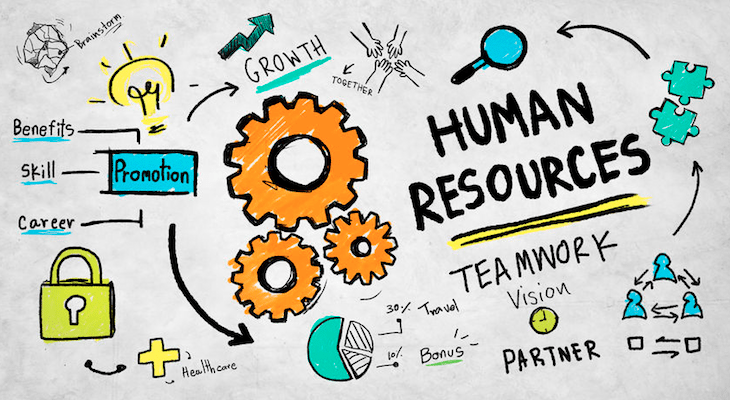A human resource (HR) audit is a comprehensive evaluation of an organization’s HR department, designed to assess its overall effectiveness, compliance with legal requirements, and alignment with business objectives. By conducting an HR audit, companies can identify areas that need improvement, determine which policies require updating or removal, and ensure that HR practices are consistent with organizational goals and regulatory standards.
Legal Compliance
One of the most critical aspects of an HR audit is assessing legal compliance. In today’s complex regulatory environment, companies must ensure that their HR policies and procedures adhere to all applicable labor laws and employment regulations. An effective audit examines the HR department’s adherence to both internal policies and external legal requirements, identifying gaps that could expose the company to risk.
Performance Measures
HR audits also evaluate the department’s performance in relation to the company’s overall strategic objectives. Performance metrics may vary depending on the organization, but they provide a benchmark for measuring the HR department’s contributions to business success. This may include assessing recruitment efficiency, training effectiveness, employee development initiatives, and other HR activities that support organizational goals.
People Management
Evaluating people management practices is another essential element of an HR audit. This involves reviewing how effectively the HR department manages staff performance, employee morale, and departmental organization. Other key areas include day-to-day HR operations, responsiveness to employee needs, and the development and implementation of HR strategies. Assessing these factors provides insights into how well the HR team supports both employees and the company’s objectives.
Communications
Effective communication is crucial for ensuring that employees understand the company’s mission, values, goals, and strategies. An HR audit should evaluate how well the HR department communicates key information to the workforce. This includes examining internal communication channels, clarity of messages, and the department’s role in promoting engagement and alignment across the organization.
Employee Retention
A company’s long-term success is closely linked to its ability to retain talented employees. The HR department plays a vital role in retention by maintaining competitive compensation and benefits, regularly updating job descriptions, and ensuring that employee rewards align with market standards. Auditing HR’s efforts in employee retention helps determine the department’s effectiveness in sustaining a motivated, committed workforce.








